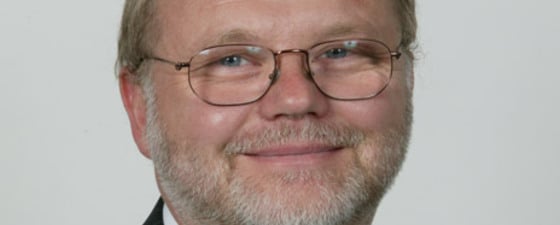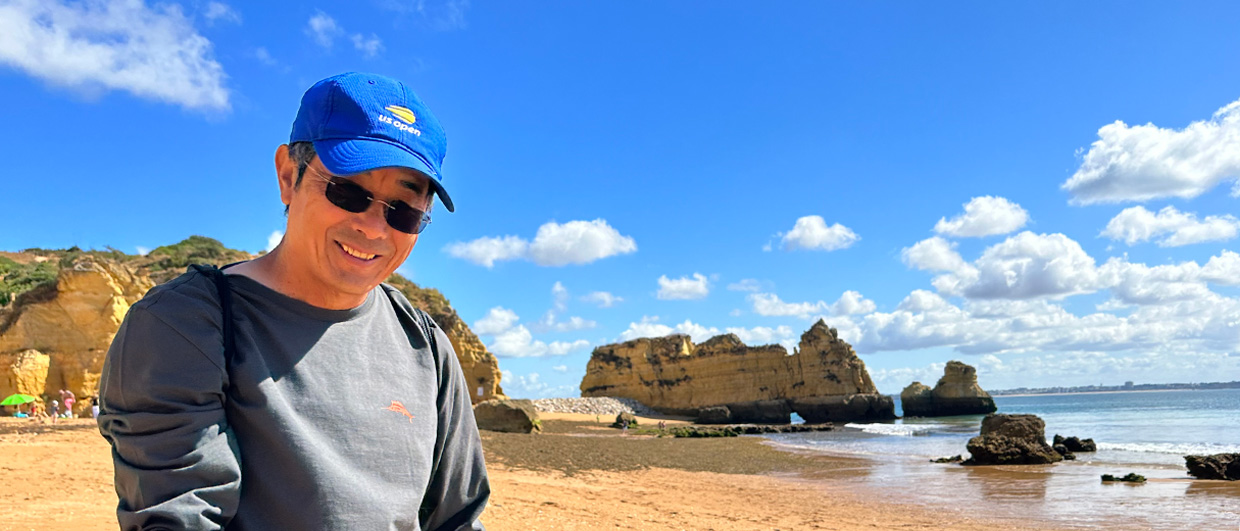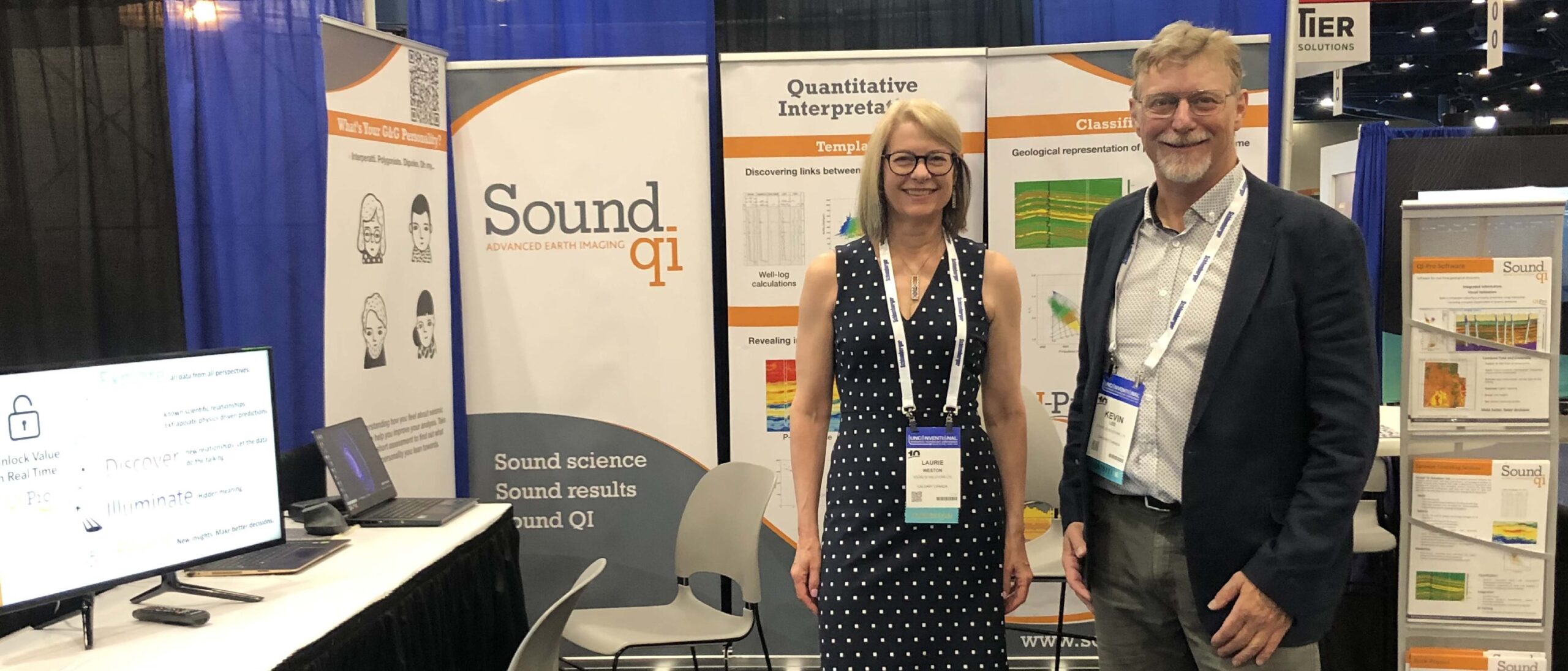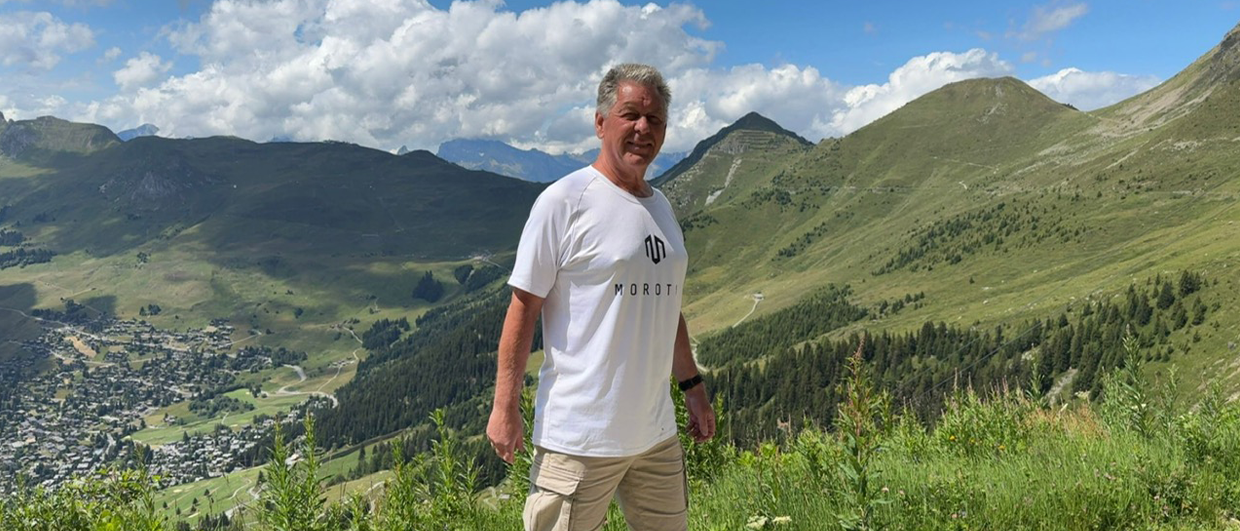 Dr. Jon Gluyas has nearly 30 years experience across the full range of the oil industry, from super majors and independents to consultancies. He is now Professor of Geoenergy, Carbon Capture & Storage at the University of Durham, UK. He was President of the Petroleum Exploration Society of Great Britain in 2009 and in January this year he was appointed Chairman of the Board of the British Geological Survey. Most recently he has been invited to be President of the Earth Science Teachers Association.Jon Gluyas, this year’s Organising Committee chairman, talks about the significance of the event.
Dr. Jon Gluyas has nearly 30 years experience across the full range of the oil industry, from super majors and independents to consultancies. He is now Professor of Geoenergy, Carbon Capture & Storage at the University of Durham, UK. He was President of the Petroleum Exploration Society of Great Britain in 2009 and in January this year he was appointed Chairman of the Board of the British Geological Survey. Most recently he has been invited to be President of the Earth Science Teachers Association.Jon Gluyas, this year’s Organising Committee chairman, talks about the significance of the event.
What is the importance of PETEX to the industry?
PETEX is of great significance, as it is one of the few North Sea/European centred conferences dedicated to the sub-surface. It is a place for service companies to display the latest developments in the industry to the many petroleum explorers and engineers who attend. This year we expect as many as 2,500 people to visit during the three days of the conference and there will be about 100 exhibiting companies. The technical conference is considered to have papers at the leading edge of the business, partly because we only publish abstracts, so people can talk about very recent developments; for example, it was at PETEX that the world first heard details of the North Seas Buzzard discovery.
What are the most exciting developments in exploration in North West Europe at the moment?
On the conventional front, it’s the volcanic margins such as in the Faroes area. They show great promise, but there are major technical challenges to access these sub-basalt and interbedded volcanoclastic reservoirs. Also of interest is the rediscovery of fields such as Breagh in the Southern Gas Field. This was deemed uncommercial when BP first drilled it in 1968, but using modern EOR techniques, the present operator, RWE, believes it is very promising. The interesting thing about this field is that it is a long way from other major discoveries, and targets an older reservoir in the Lower Carboniferous, making people give the previously disregarded areas like this a second thought. All the talk about CCS is very exciting, as are the potential of shale-gas and oil shale, and we have a session on these topics and other unconventionals in the programme.
Are there any new features at PETEX this year?
Yes! This year PETEX is hosting the PESGB/Geological Society Collaboration Conference, which showcases the business challenges addressed by research projects and enables researchers to demonstrate the benefits of research. It is an excellent opportunity for industry and academia to meet and develop future collaborative research links. It also allows graduates and potential future employers to establish connections. This is also encouraged by our collaboration with universities, giving discounts and helping fund travel for the more distant establishments. In 2008 we introduced the Student Lunch, where post-graduate students were able to meet and discuss the industry with geologists working for some of the major oil companies. This was very successful and will be held again this year.
What would you like to see governments doing to help the oil industry?
There are big decisions which need to be made, and for these we need government intervention. For example, using CO2 for enhanced oil recovery could potentially increase UK production by 10%, which would be worth billions of dollars to the exchequer in tax revenue. But this is a huge undertaking, and to get it going would need government help, maybe in the form of tax breaks.
What changes or developments do you expect by the time of the next PETEX conference in 2012?
I know I keep mentioning it, but I expect the first wells to have been drilled to appraise storage sites for carbon dioxide and if not yet fully operational I expect that consideration of the use of CO2 for enhanced oil recovery will have moved into the mainstream-thinking as a way of squeezing the last barrels out of the North Sea.
What has being PETEX chair meant to you?
On the personal front it’s been quite a lot of work, but good fun as well. I’ve been blessed with a great team, with my colleagues in the PESGB office as well as my co-organisers, including Graham Harman, who has been very efficient as the main exhibition organiser. It has also been good to have Oliver Quinn as Chair of the Technical Committee, representing the younger generation of geologists, bridging the demographic gap so often talked about. With such a practical and enthusiastic team, I hope we have managed to pull together a truly meaningful and definitive event.





